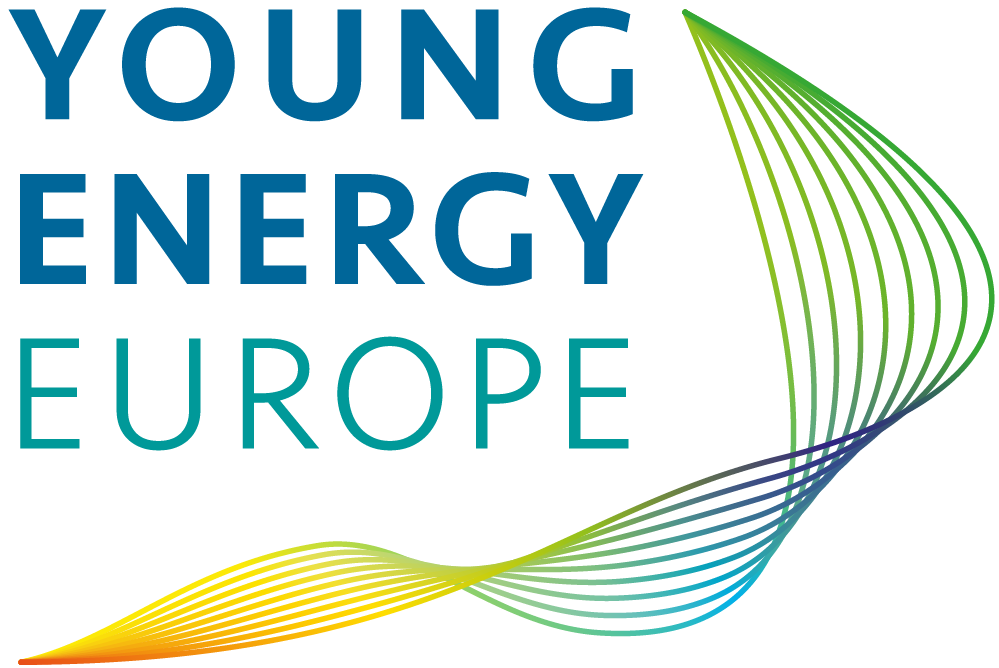Tigar Tyres became part of the Michelin Group in 2007. Since 1959 tires for two-wheelers and four-wheelers have been produced at the plant in Pirot, in the southeastern part of Serbia. In the plant around 3,700 employees produce 15 million tires annually in more than 2,700 different models and sizes. In addition to production, a research and development center and laboratories for quality control of raw materials and tires are located at the site.
Tire production requires a lot of energy in the form of steam for the processes. The vulcanizing presses show the largest consumption by far. Therefore, minor savings in this area have a major impact. As specific steam consumption per ton of finished product had increased in the vulcanization area, the three Energy Scouts Ivan Minčić, Dejan Pejčić and Ivica Minić analyzed and developed approaches to address this issue.
Searching for “hot spots”
They started their assessment by checking the valves on the bypass lines of the presses. Then they examined the steam traps and analyzed production fluctuations. Using thermal imaging cameras, they checked the insulation of the machines. It turned out that the increased steam consumption was caused by damages to the insulation – likely caused by continuous dimensional changes. In the case of larger defects, the insulation is usually removed from the molds, otherwise risking contamination of raw material. This resulted in “hot spots” in the tools, with temperatures of up to 160°C, which go hand in hand with an increased risk of injury. At the same time, the temperature around the press machines increased, complicating working conditions and enhancing unnecessary energy consumption. To the Energy Scouts it was obvious that their practical project would be the insulation of the production tools.
The project was implemented in several steps with the participation of colleagues from the procurement, engineering, vulcanization, planning and energy management departments.
-
- The purchasing department carried out a call for tenders for the procurement of prototype insulation. Preliminary contracts were signed with three potential suppliers.
- The maintenance department adjusted installations on three selected presses to measure energy consumption.
- The energy managers subsequently carried out consumption measurements on the presses, in each case with and without an insulation of the tools. The analysis of the measurements showed that the tool insulation reduces steam consumption by 18.4 %.
- The colleagues from the engineering department took over the project management concerning the selection of the insulation prototypes, the procurement and the installation.
Insulation reduces CO2 emissions by almost 1,000 t and costs by 68,000 € per year.
The results are impressive: the mold insulation saves 3,500 tons of steam or 2,300 MWh (thermal) per year, while reducing CO2 emissions by almost 1,000 t. The one-time investment of 269,000 € is high, but pays for itself after four years, without factoring in the CO2 emissions tax. If these costs are included in accordance with the Michelin standards, it would only takes 1.8 years for the investment to pay for itself. The current constantly increasing energy costs accelerate this development further.
Since the parent company Michelin is aware of the increasing importance of reducing CO2 emissions, it is financing and supporting the project. The Energy Scouts are also continuously working on identifying new projects that will further reduce energy consumption and CO2 emissions. Major projects in the pipeline include: the electrification of presses, the construction of a photovoltaic power plant, the switch to LED lighting, and the redesign of the heating system with the introduction of heat pumps.
More insights into the tire manufacturing processes at the factory can be found following the YouTube links here and here.
System Optimization
Thermal Insulation
- Industry sector: automotive supplier
- Energy source: steam generated in a coal-fired power plant
- energy savings Potential: 2,300 MWh thermal/year
- CO2 savings Potential: 984 t CO2/year
- Potential cost reduction: 68,000 €
- Investment costs: 269,000 €
- Payback period: < 4 years
- Company:
Tigar Tyres d.o.o.
Nikole Pašića 213
Pirot 18300
Serbia
www.tigar-tyres.com



